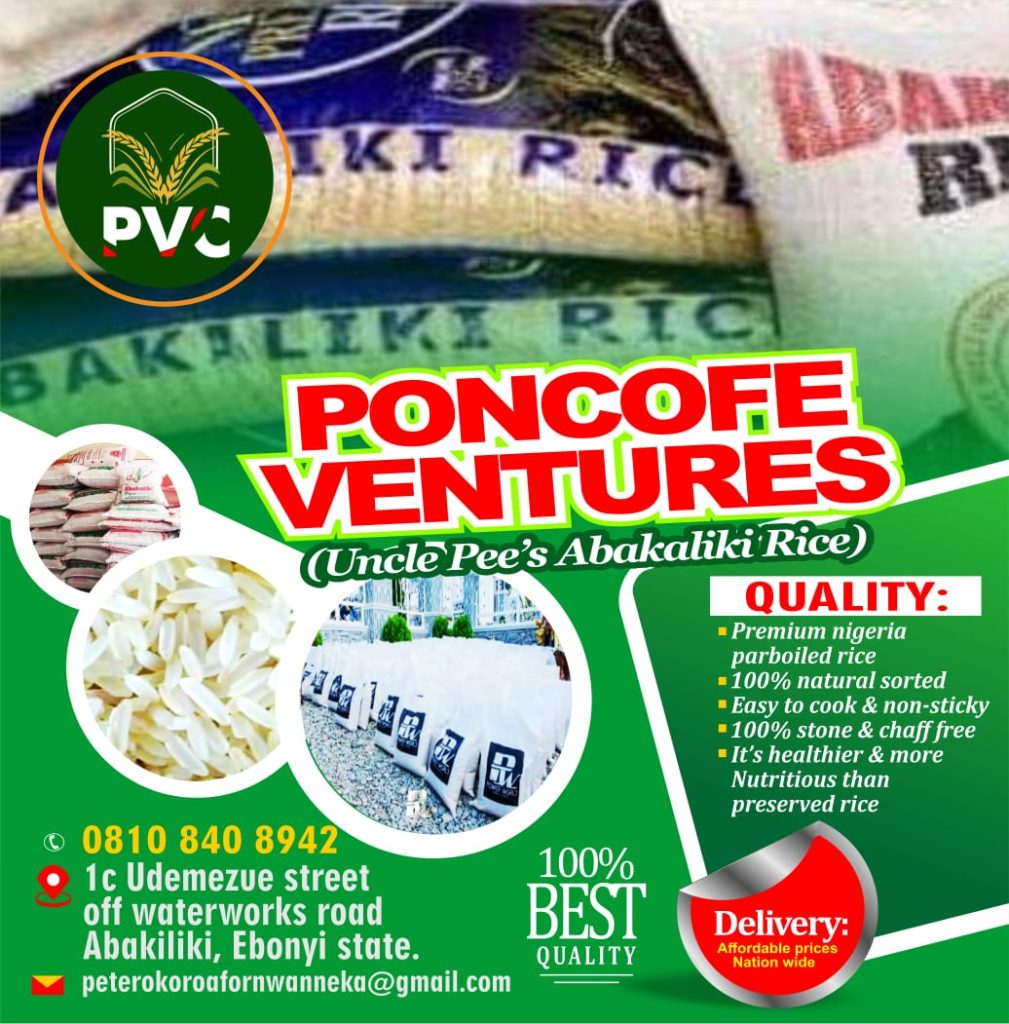After the recent ban on styrofoam and single-use plastics (SUPs) in Lagos, there have been inquiries about whether sachet water, commonly referred to as “pure water” in Nigeria, is included in the prohibited items.
Sponsored Images




Tokunbo Wahab, the Lagos commissioner for environment and water resources, initially announced the ban on January 21, citing the environmental impact of SUPs, especially styrofoam.
Commissioner Tokunbo Wahab’s announcement reflected the Lagos State government’s commitment to addressing the environmental challenges posed by single-use plastics, especially styrofoam. These materials, notorious for their non-biodegradability and contribution to pollution, have been a growing concern globally. The ban is a strategic step towards creating a more sustainable and eco-friendly environment in Lagos.
One notable aspect of the announcement was the exclusion of ‘pure water’ from the ban. ‘Pure Water,’ small sachets of purified drinking water sold at affordable prices, has become an integral part of daily life for many Lagosians. The decision to exempt it from the ban raises questions about the government’s considerations in balancing environmental conservation with the practical needs of the populace.
To understand the impact of the exemption, it’s crucial to recognize the role of ‘Pure Water’ in Lagos. These sachets offer a cost-effective and easily accessible source of safe drinking water, especially for residents in lower-income communities. The exemption acknowledges the socio-economic importance of ‘Pure Water’ and attempts to strike a balance between environmental concerns and the basic needs of the population.
While ‘Pure Water’ remains outside the scope of the ban, it’s essential to address its environmental footprint. The sachets, though small, contribute to plastic waste. The government could explore sustainable packaging alternatives or incentivize recycling initiatives to mitigate the environmental impact of ‘Pure Water’ consumption.
However, following a meeting with stakeholders, the ban was postponed by three weeks. The commissioner clarified in an interview with TheCable that the ban specifically targets styrofoam due to its non-biodegradable nature.
“Disposable plastic cutlery and plates are also banned. Biodegradable alternatives will be encouraged, while single-use options will be banned,” he added.
He said plastic bottles are not banned but that “encouragement will shift towards refill and deposit-refund systems, not outright bans”.
When asked if pure water is also on the banned list, Tokunbo said, “Not in the immediate.”.
As businesses begin to adjust to the new policy in Lagos, environmentalists have rallied around the decision, saying it is a step in the right direction and one that will help tackle the menace of plastic pollution in Nigeria’s most populous city.
As Lagos grapples with the ban on SUPs, the exemption of ‘Pure Water’ highlights the intricate dynamics between environmental policies and the daily lives of its residents. The government’s decision recognizes the socio-economic significance of ‘Pure Water’ while presenting an opportunity for collective efforts towards a more sustainable future. The path ahead involves fostering awareness, exploring eco-friendly alternatives, and encouraging collaboration to strike a harmonious balance between environmental conservation and the essential needs of Lagosians.
Dear Readers, Good and credible news reportage is tedious task and requires huge finances.
We are soliciting your Noble support for as low as N1,000 your support would go a long way in assisting us to continue to guarantee our readers quality news.
Bank transfers can be made to:
Account Name: Harvest and Commercial
Bank: Sterling Bank
Account Number: 0078627735